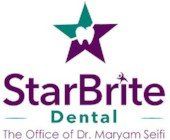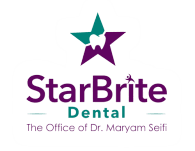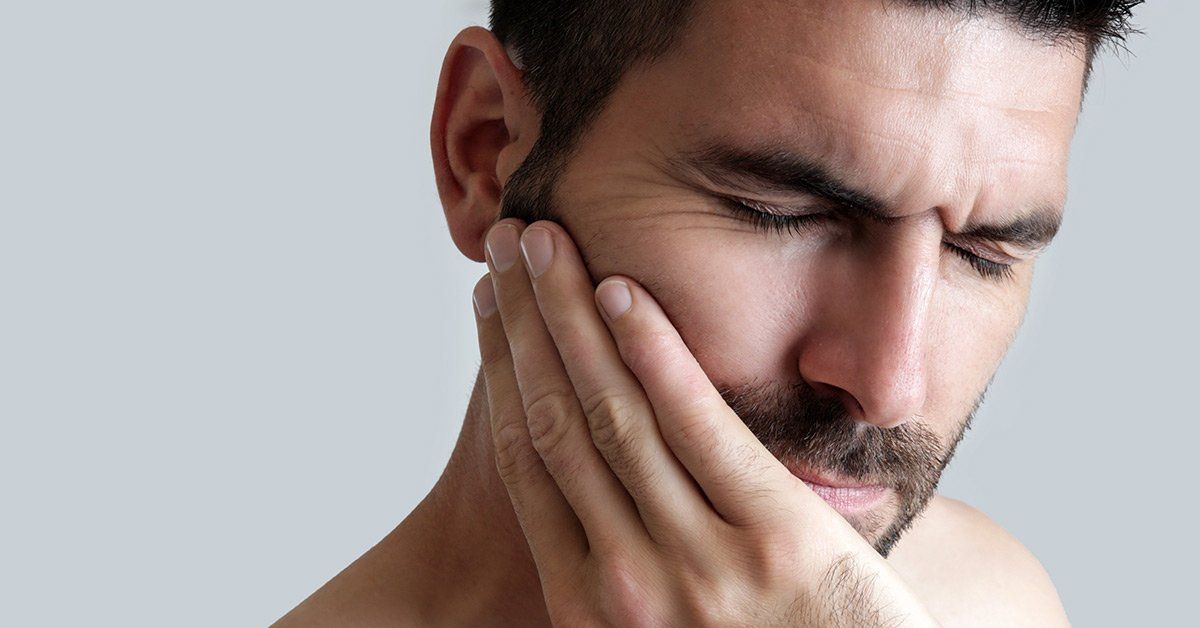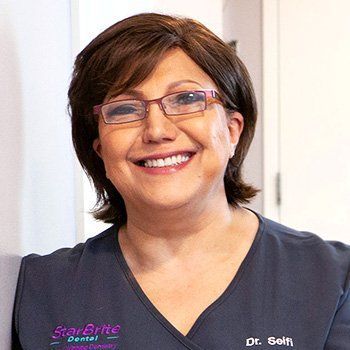Understanding Abscessed Teeth and Their Treatment
What is an abscessed tooth? It’s a tooth that has developed an infection in its soft inner tissues. This infection spreads to the tip of the root and the tooth’s supporting bone. If it is not treated promptly, an abscess can not only result in the loss of the tooth, it can also quickly result in the destruction of the surrounding bone.
Tooth Abscess Symptoms
Here are the tooth abscess symptoms to watch for. If you see these signs, contact your dentist immediately:
- Pain when you bite or chew
- Pain that radiates to the ear or neck
- Ache that becomes worse when you lie down
- Swelling in the face
- Swollen lymph glands in neck or jaw
- Bad breath
- Bad taste in the mouth
- Darkened or loosened tooth
- Red, swollen and painful areas in the gums
- Fever
It is also possible that your abscessed tooth will not hurt. This is one reason why your dentist recommends x-rays at regular intervals, so an early infection can be detected. A CT scan may be needed to determine if the infection has spread to other areas.
What Causes an Abscessed Tooth?
When you are suffering from severe tooth pain, you might wonder what causes an abscessed tooth. The basic reason a tooth becomes abscessed is because bacteria reaches the soft inner tissue of the tooth. This could happen because of a cavity that reached the inner tissues, or an impact injury which compromised the integrity of the tooth. The tooth loses its ability to fight off this bacteria and the live tissue inside the tooth becomes infected and begins to die.
A buildup of pus and swollen tissues around the tooth is what causes the pain.
An abscess can also form as a result of root canal therapy that was not successful. In some cases, an abscess can form at the tip of the root of the tooth when it was not fully sealed during this procedure.
How to Get Rid of a Tooth Abscess
If someone tries to explain how to get rid of a tooth abscess at home, don’t believe them. You need
immediate professional care. Taking leftover antibiotics will not eliminate the infection. You need professional treatment—and fast.
How to Treat an Abscessed Tooth
If you ask your dentist how to treat an abscessed tooth, he might list four possible treatments. Which treatments apply in your case will depend on how advanced the abscess is and if the tooth can be saved. These four treatments are:
- Draining the abscess. The pus inside the abscess must be allowed to drain out so the area can heal. For some abscesses, a small incision may be made in the gum, followed by cleansing the area with saline. Your dentist may also need to make a small hole in your tooth to let the accumulated pus drain out. The tooth will still need further treatment after this to eliminate all the infection.
- Antibiotics. By themselves, antibiotics won’t cure the abscess. But they will help if an infection has spread to bone or other areas of the body.
- Root canal therapy. When the soft inner tissues have been destroyed by infection, they must be cleaned out and replaced with sterile material through root canal therapy.
- Extraction. Some abscessed teeth cannot be saved. Your overall health and the health of other teeth and bone in the jaw can sometimes only be preserved by removing the tooth.
Preventing Abscessed Teeth
Preventing an abscessed tooth means following a proper oral and dental health routine. This consists of:
- Seeing your dentist twice a year for professional cleanings
- Getting a thorough examination at each cleaning appointment
- Have x-rays done on your dentist’s recommended schedule
- Brushing your teeth twice a day or more
- Flossing daily
- Avoiding sugary foods and snacks
- Using a custom dental mouthguard if you grind your teeth while sleeping
- Stop smoking
By seeing your dentist regularly, smaller cavities can be treated and gum disease can be spotted and treated early. This early care prevents small problems from turning into painful abscessed teeth.
If you take medications that cause your mouth to be dry or suffer any health problems that weaken your immune system, please let your dentist know. You may be more prone to abscessed teeth and may need additional care to prevent them.
Finding Emergency Treatment for an Abscessed Tooth
If you believe you may have an abscessed tooth, do not delay. You need emergency dental care to alleviate the infection. If you are not in pain at the moment, you could begin to experience pain at any moment. It is also possible for the infection to travel to the face, neck or even other organs of the body. While it is rare, infection can travel to the heart or brain.
If you are in the
Rockville, Maryland area or anywhere in the Washington, D.C., metropolitan area, please contact the office of Dr. Maryam Seifi,
StarBrite Dental. Dr. Seifi can treat your abscessed tooth on an
emergency basis and get the healing started. In most cases, the initial visit will relieve the pain and you can then be scheduled for further care to complete the treatment needed.
Call StarBrite Dental at (301) 770-1070 to request emergency care for your abscessed tooth. We are happy to help relieve your discomfort and get back to enjoying your life.
https://www.starbritedentalrockville.com/sensitivity-and-pain-in-my-tooth-or-gums-what-should-i-do
https://www.mayoclinic.org/diseases-conditions/tooth-abscess/diagnosis-treatment/drc-20350907
https://www.healthline.com/health/abscessed-tooth
https://www.healthline.com/health/abscessed-tooth#symptoms
https://www.webmd.com/oral-health/guide/abscessed-tooth#2
https://www.mayoclinic.org/diseases-conditions/tooth-abscess/symptoms-causes/syc-20350901
https://www.starbritedentalrockville.com/never-ignore-tooth-pain
https://www.starbritedentalrockville.com/
https://www.starbritedentalrockville.com/emergency-dentist-rockville-md



